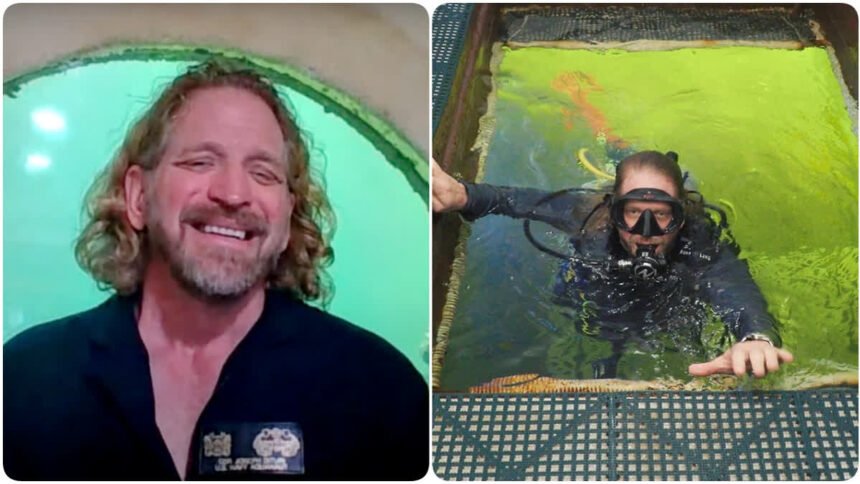An American professor named Joe Dituri, who specializes in biomedical engineering and is a former US Navy diver, is conducting research on the effects of hyperbaric pressure on the human body by living in a 55 square meter space that is 30 feet below the surface of the Florida Keys. He aims to spend 100 days in this underwater habitat, breaking the record for the longest time spent in such an environment.
Living in a hyperbaric environment, where air pressure is greater than at sea level, can have adverse effects on the human body. For instance, nitrogen from the air can be forced into the blood, leading to narcosis or intoxicated-like behavior. Additionally, exposure to hyperbaric pressure can cause disturbances in sleep patterns and loss of bone and muscle mass, similar to the effects seen in astronauts on the International Space Station.
However, little research has been conducted on the long-term effects of hyperbaric pressure on the human body, and Dituri’s research will be useful in this regard. His underwater habitat is different from a submarine as it lacks solid hatches or airlocks between the ocean and the dry living space, causing the air inside to be squeezed by the ocean’s weight, leading to increased air pressure around him.
One challenge Dituri will face during his underwater stay is getting enough vitamin D, as he will not be exposed to enough sunlight to produce this vitamin. Swimming will be his only form of exercise, which may lead to losses in bone and muscle mass. Resistance exercises such as squats and lunges may help him offset these losses.
Despite the challenges he will face, Dituri’s research will provide valuable data on the long-term effects of hyperbaric pressure on the human body, making it a physiologically and psychologically challenging feat with significant scientific potential.







